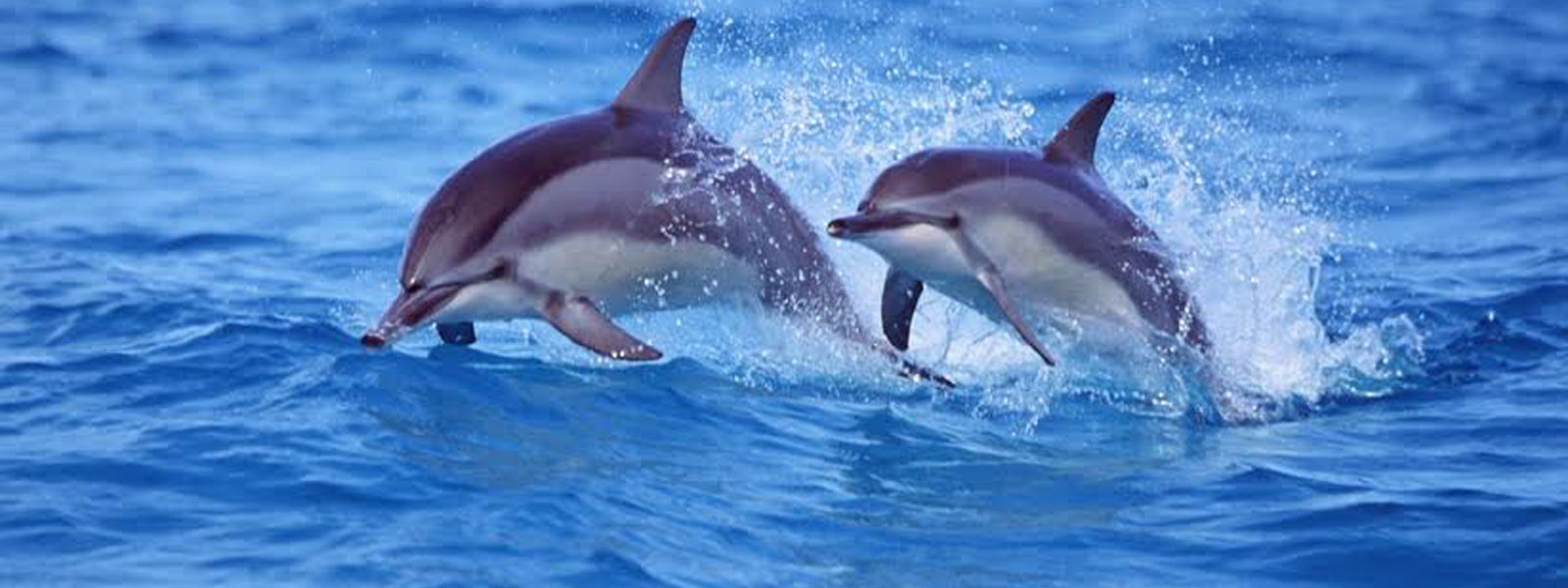

Note: Last year, Australia for Dolphins filed the first ever lawsuit against the Taiji dolphin hunts. The basis of the lawsuit, “Lucas v Taiji Whale Museum”, was that Sarah Lucas, President of AFD, was denied entry to the Taiji Whale Museum at the same time that Japanese were allowed in. Earth Island’s International Marine Mammal Project has contributed funding to the lawsuit, publicity in the US, and additional testimony from Earth Island volunteers who had also been denied entry at various times. Since the lawsuit was filed, Westerners are now admitted to the Taiji Whale Museum, but the question of past discrimination remains. The Taiji Whale Museum is owned by the town of Taiji and oversees the dolphin slaughter in the Cove and brokers many of the captive dolphins torn from their families. A hearing is scheduled for this Friday, January 8th, in Wakayama. A decision by the court is expected in the coming months.
We asked Attorney and Professor of Law Takashi Takano, who is arguing the case, to state for us the importance of this case in Japan:
We Japanese have a constitution that protects individual’s freedom of thought, right to freely express their thoughts and prohibits the government, local or national, to discriminate against individuals based on race, nationality, gender or social status, etc. Under these constitutional protections and prohibitions, we have also the Law of Museum that requires any publicly funded museums in this country to “exhibit” and “make available for general public” materials of their collections. It is crystal clear to me that museum director’s showing a flip board saying “anti-whalers are NOT allowed to the museum” to only white people and blocking them from entering the facilities are violations of these fundamental protections and prohibitions and that the victims of these official’s unconstitutional acts shall be judicially vindicated.
It is also clear to me, however, that under the current political situation especially its emotional or nationalistic nature concerning whale or dolphin hunting in Japan, it is a bit hard for ordinary Japanese citizens to understand the existence of blatant violation of constitutional laws by a government official in this case. I believe this case is a touchstone of constitutional protections of freedom of thought and expression as well as strength of independence of judiciary in Japan.
Our thanks to Professor Takano and Australia for Dolphins for pursuing this case, and to all our supporters who have helped with donations to support the legal effort.
If you would like to help this legal effort and other steps we are taking in Japan to end the killing of dolphins and whales, please consider a donation to our work.